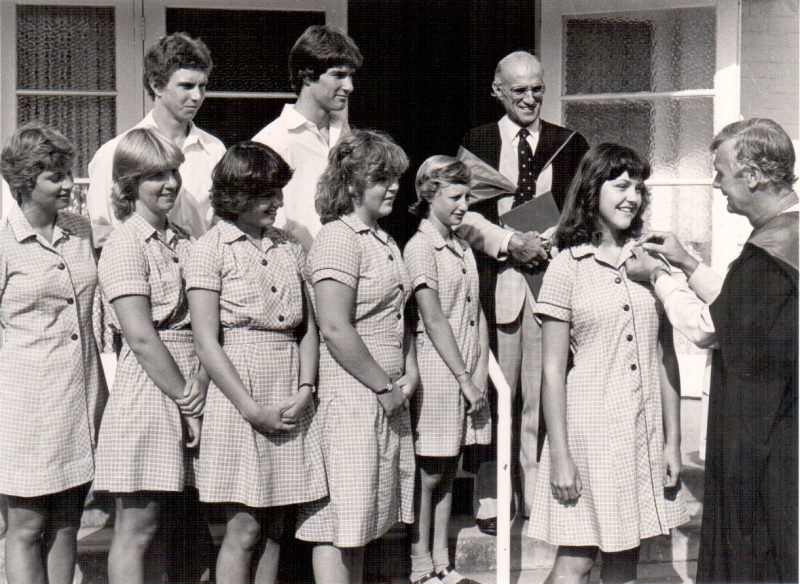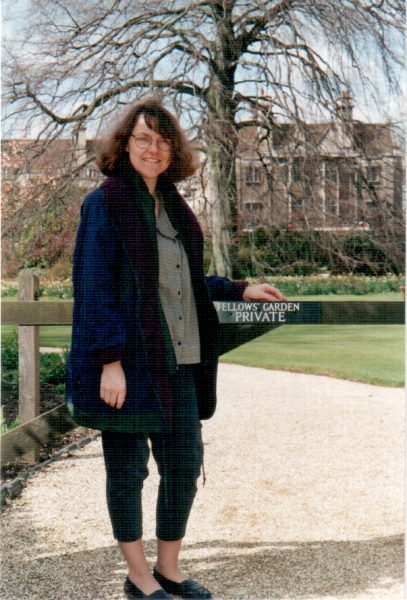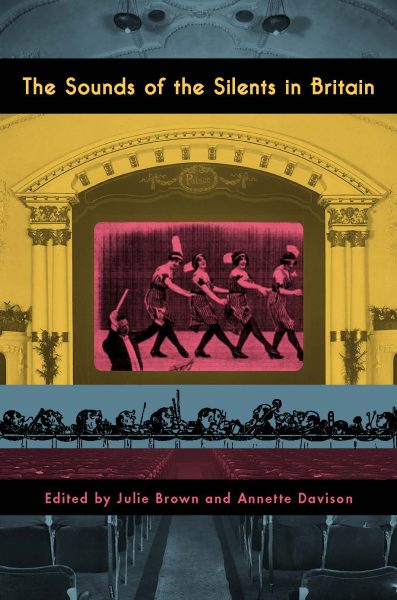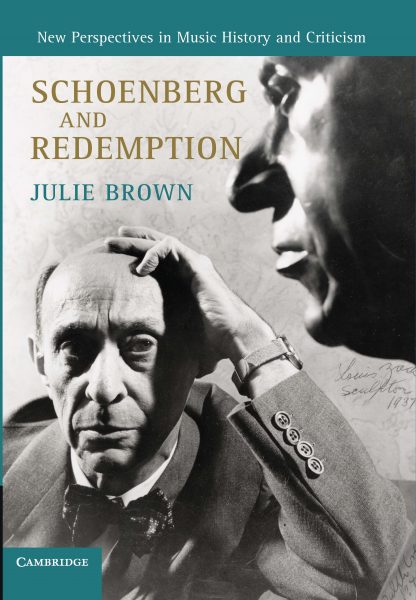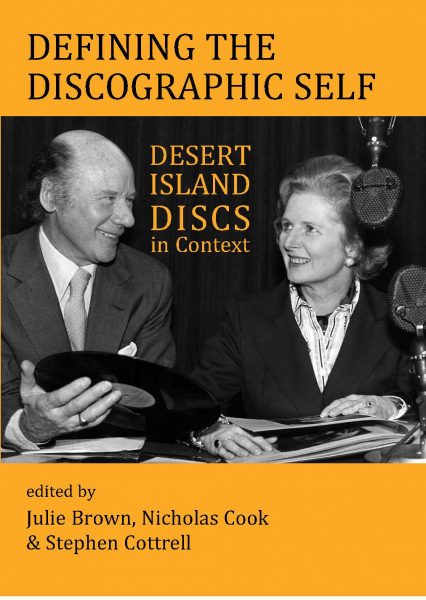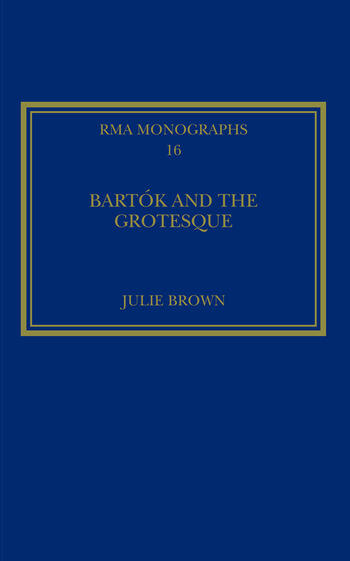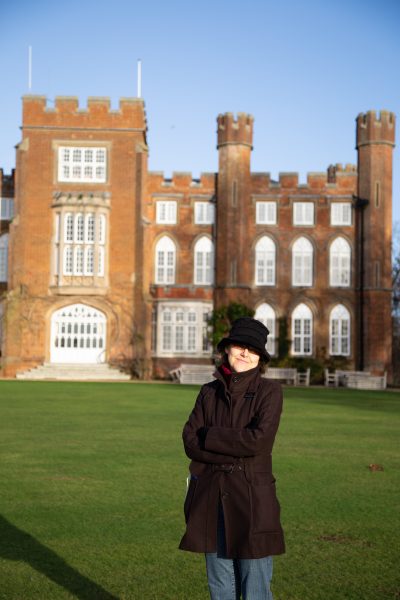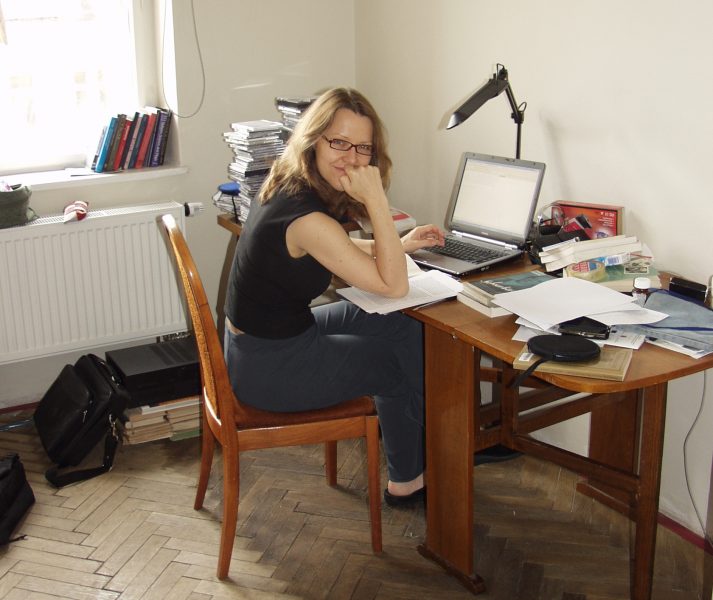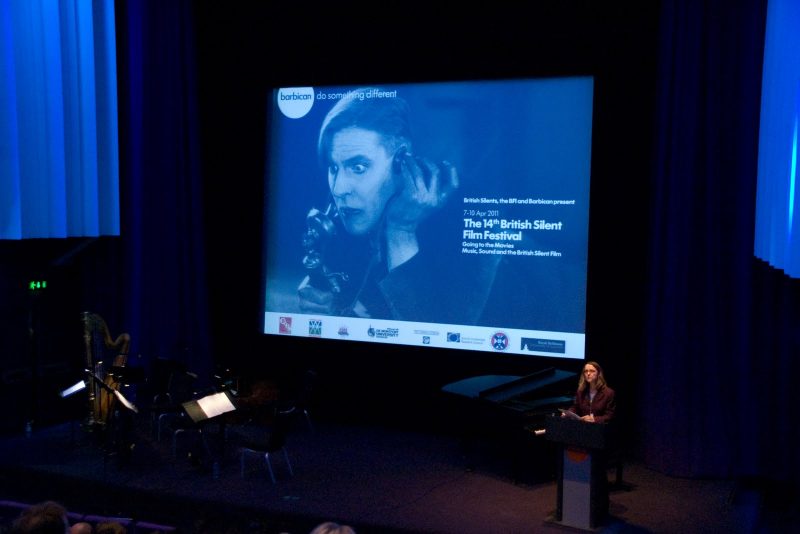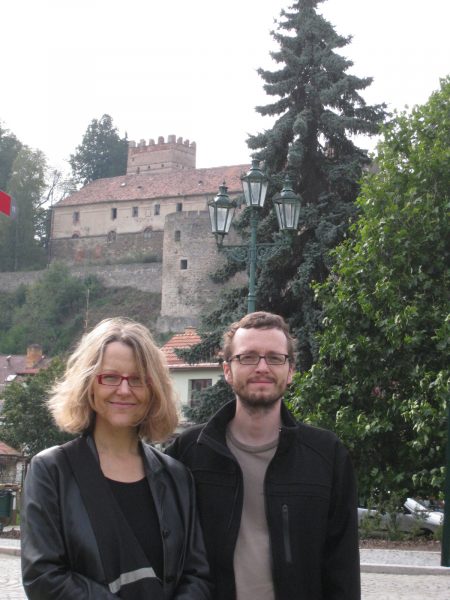A recent shout-out to Old Girtonians to garner possible interest in sponsorship of Speech Night prizes unearthed a delightful re-acquaintance with Professor Julie Brown, a 1981 Girton graduate. As the recipient of a scholarship that enabled her to complete her education at Girton, and now as a Professor of Music at Royal Holloway, University of London, Julie understands intimately the power of giving.
Julie commenced at Girton in 1974 while in Year 5. It was a time when the entire Junior School operated out of the school hall, which was divided by moveable partitions to accommodate different year levels, and underwear checks were conducted to ensure girls were wearing regulation brown or white knickers.
Despite a strict uniform code, Julie describes Girton as an ecosystem of support and care.
“I greatly respected my French teacher Betty Jenkin who taught French.
“Betty was an excellent teacher of grammar and literature and an excellent teacher-mentor overall who started to pass me detective books by Georges Simenon under the table.
“As I was the first in my immediate (non-bookish) family to finish school, Betty became an inspiration and mentor, and later a friend whom I would visit whenever I returned to Bendigo. She and her husband Andrew in turn stayed with me in Southampton after their Jane Austen tour of Hampshire and beyond around 1997-8.
“I’ve long felt that French was one of the most useful things I learned at school. I’ve used it while travelling, in my research, at conferences, and as the language of communication with my partner’s mother, who has little English but was a professional translator from Czech to French and vice versa,” said Julie, who still reads French today as part of her research, having put down a 1909 issue of early cinema ‘trade paper’ Ciné-Journal to respond to questions for this article.
Julie fondly recalls two other special people at Girton who distinctly shaped her life.
“Diana Cohn who was the Headmaster’s secretary took a special interest in me. Very musical herself, Diana took me under her wing and became a lifelong friend. We regularly played assembly hymns on two pianos, with Diana always encouraging me to improvise a bit.
“Diana also largely taught me to drive! I was devastated by the news of her passing two years ago.”
Headmaster Mr Robert Bickerdike, whose son Murray was in Julie’s class was someone that she looked up to. Though at the time Girton was not academically renowned, under the headship of Mr Bickerdike Julie says the school was in very good hands, embodying the values that it encouraged in its students.
“Girton welcomed students who were in various ways different, sometimes on some sort of scholarship.
“I entered secondary school on a major scholarship, but after my father died, I was going to have to leave the school. Mr Bickerdike must have persuaded the college council to come up with a full scholarship to enable me to stay. Being a truck driver’s daughter, I probably wouldn’t have found the community of nurturers who made my future possible without that time at Girton.
“When I was a Research Fellow in Cambridge, (1992-95) I was very pleased to welcome Mr Bickerdike as my guest at a wine tasting evening at Emmanuel College, where we had great fun spitting into the spittoon ludicrously expensive wine pulled up from the considerable college wine cellar. What a journey!”
As a Professor of Music, it comes as little surprise that in her final year at Girton, Julie studied English, General Maths, French, Music A (performance), Music B (history).
After graduating from Girton, Julie studied for a Bachelor of Music at Melbourne University, majoring in piano. With great humility, she acknowledges that she won the Allans Award for best final year pianist that was awarded at Melbourne University, travelling on an academic scholarship to study at King’s College London (University of London) for a Master of Music (in Music Theory and Analysis) and PhD (on Arnold Schoenberg’s threshold song cycle ‘The Book of the Hanging Gardens’).
When asked whether she thought she would end up where she is now, Julie is emphatic.
“It wouldn’t have crossed my mind that I could become a university professor of Music.
“My VCE year was small, one class of about 20 students, and was not academically distinguished. I seem to recall that less than half of us qualified for any further education.
“I also had no idea that I would end up staying abroad. I initially assumed I would return to Australia, marry, have children, etc. however life throws you curveballs, opportunities arise, and suitable jobs where you’d quite like to be don’t come up at opportune times.
“The world of Music academe is fairly small, and so particular jobs come up at particular, sometimes inconvenient times!
“My approach to life is to try to make the best decision I can at any given time, but then simply make the best of whatever decision I’ve taken. Every so often I look back and wonder about the road not taken. What if I HAD converted to Law? What if I HAD accepted that scholarship at Princeton in the United States and done my PhD there? What if I HAD taken one or another job that came up in Australia many years ago? Interesting late-night musings, but I don’t regret anything. I’m someone who tries to look ahead.”
“At the beginning of 1999 I moved to London and Royal Holloway, originally a women’s college but still part of the University of London. There I’ve progressed through academic promotions to Professor of Music, and recently served a term as Head of Department. In the UK, Head of Department terms are typically 3 years, followed by a period of ‘research leave’ to catch up.
“As an academic, I do three main things: lecturing/teaching/mentoring students; research (lots of research, writing, conference presentations, publishing, and contributing to the wider professional research field); and academic administration and management (in the UK we have much more of this than in the US, or continental Europe).
“I started out as a specialist of early twentieth-century concert music, but these days teach mainly media and screen music, which is where my research is now focussed.”
Julie has published two single-authored research books about Schoenberg and Bartók, served as contributing editor of three further books (one of which, about Western Music and Race won a prize from the American Musicological Society), published many articles and book chapters, and also spent a great deal of time reconstituting original accompaniments for silent films. One such recreation had its only live performance since 1924 at the British Silent Film Festival. Another appears as an ‘extra’ on the British Film Institute DVD/BluRay of The Epic of Everest, a 1924 film of the expedition to Mount Everest during which Mallory and Irvine famously failed to reach the summit and died.
Professional accomplishments aside, Julie’s private life is rich beyond measure and reads like a fairy-tale from the vantage point of faraway Australia.
“My partner Štepán, with whom I have been for nearly twenty years, is from Brno, Czech Republic, about 1.5 hours by train from Vienna and Bratislava and 2.5 hours from Prague.
“We are fortunate to have a lovely apartment close to the ‘old town’ of Brno, and (pre-pandemic) freely split our lives between UK (term time) and Brno (term breaks and summer).
“I’ve done a fair amount of travelling, though mainly to speak at conferences and other universities. Once the marking of student work is done, term breaks are always filled with research obligations.”
Apart from Cambridge and Southampton for three years each, Julie has lived in London for most of her time in the UK. In 2013 she tried living close to Royal Holloway by renting a flat at nearby Cumberland Lodge.
“Cumberland Lodge is a stately home in the middle of Windsor Park and our stay there turned into an amazing life experience.
“We lived within the grounds, but next to the Lodge itself, in what was probably a converted barn or carriage house. I still had the pleasure each night after work of driving into Windsor Park, having the huge wooden gates open automatically for my car, parking next to the stately home, then walking down the cobbled path to my stairwell – all while looking out over the park.
“Beautifully kept sandy bridge paths with hand-painted signs were dotted throughout the park, and pink crenelated buildings signalled that the Head of some Crown Estate department lived within. It was all a bit like playing a bit part in Downton Abbey.
“Prince Andrew was the nearest neighbour in Royal Lodge – Budgie the helicopter came and went regularly during Ascot season – which proves that you can’t have everything. Still, I wouldn’t have missed those 5 ½ years for anything.”
Having fallen in love with Windsor Great Park, Julie has recently moved from London into a house in Old Windsor, which is a few minutes bicycle ride into Windsor itself.
“Until recently, the Duke of Edinburgh occasionally drove past on a little horse and carriage, and Prince Andrew is still regularly to be seen driving his 4-wheel drive en route to or from Royal Lodge and Windsor Castle. He’s a tad grounded these days, of course.
“I’ve twice spotted the Queen wearing a cardie and headscarf as a private citizen at the Windsor Horse Show, which she hosts in the ‘home park’ of the castle.
“And then there was Harry’s wedding, though admittedly on that occasion we mainly saw a few horse rears from the back of a crowd. And of course Anne, the Princess Royal, has long been Chancellor of the University of London, so one occasionally attends events over which she presides.
“Anyone would think I’m a royalist, which I’m not really. My place of work just happens to be a short walk from Windsor Park, and I now live close to my place of work! You can’t really help bumping into Royals or Royal events because so many of them live around here.
“Personally, I feel very much a ‘citizen of the world’ –either that, or ‘thrice homeless’, as Gustav Mahler once described himself. I prefer the former.
“I’m Australian, but now also British and little bit Czech, though I feel mainly Australian.
“In each country I’m an outsider – including in Australia today. I try not to think in these terms, but rather to think of the interesting life experiences I’ve had, and of the privileged perspective that being an outsider affords,” Julie said.

